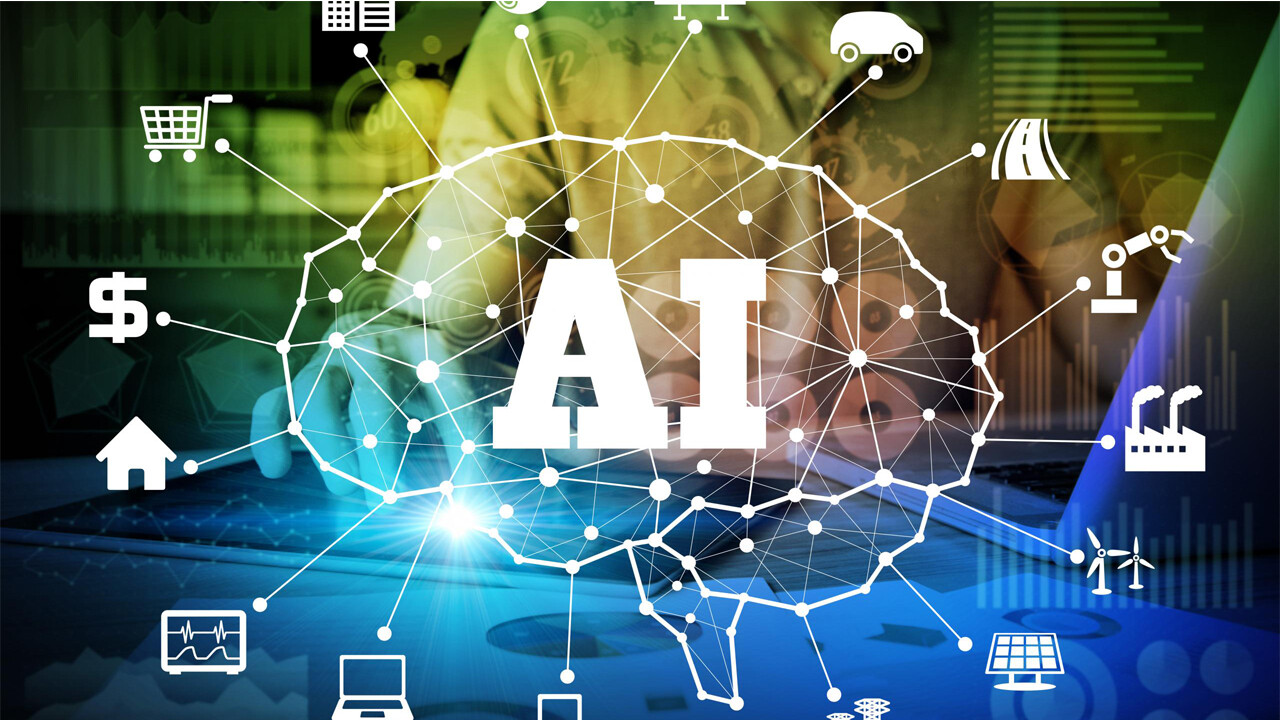
.* AI’s Transformative Power in Healthcare: Innovations and Challenges.* AI’s Transformative Power in Healthcare: Innovations and Challenges Artificial Intelligence (AI) has emerged as a transformative force in healthcare, promising unprecedented advancements in diagnosis, treatment, and patient care. However, alongside its revolutionary potential, AI poses significant challenges that must be carefully considered. Innovations: * Early and Accurate Diagnosis: AI algorithms can analyze vast amounts of medical data, such as medical images, electronic health records, and laboratory results, to identify patterns and predict diseases at early stages with remarkable accuracy. * Personalized Treatment Plans: AI can tailor treatment plans to individual patients based on their unique genetic makeup, medical history, and lifestyle factors, improving outcomes and reducing side effects. * Virtual Health Assistants: AI-powered chatbots and virtual assistants provide 24/7 medical advice, triage patients, and schedule appointments, enhancing accessibility and reducing wait times. * Drug Discovery and Development: AI accelerates the discovery of new drugs and therapies by analyzing molecular structures and predicting drug interactions, saving time and resources. * Predictive Analytics: AI algorithms can predict patient outcomes, such as disease progression, hospital readmission, and mortality, enabling healthcare providers to proactively intervene and improve care coordination. Challenges: * Data Privacy and Security: AI algorithms rely on large datasets, raising concerns about patient privacy and data security. Robust data governance and encryption measures are crucial. * Algorithm Bias: AI algorithms can inherit biases from the data they are trained on, leading to unfair or inaccurate predictions. Ensuring fairness and mitigating bias is essential. * Ethical Implications: AI’s potential to automate decision-making raises ethical questions about the role of healthcare professionals and patient autonomy. Clear guidelines and ethical frameworks are needed. * Integration and Interoperability: Integrating AI into existing healthcare systems can be complex. Standards and interoperability protocols are necessary to ensure seamless data exchange and avoid fragmentation. * Cost and Accessibility: Implementing AI solutions can be costly, potentially creating disparities in access to advanced healthcare technologies. Equitable distribution and affordability must be addressed. Overcoming Challenges: To fully realize the transformative power of AI in healthcare, these challenges must be addressed: * Investment in Research and Development: Governments and industry must invest in AI research to advance algorithm capabilities, improve data security, and mitigate bias. * Collaboration and Partnerships: Healthcare providers, researchers, and AI companies should collaborate to develop and implement AI solutions that are safe, ethical, and accessible. * Education and Training: Healthcare professionals need training to understand and utilize AI tools effectively, while the public requires education about its benefits and potential risks. * Legal and Regulatory Frameworks: Clear regulations and ethical guidelines need to be established to govern the use of AI in healthcare, ensuring patient safety, privacy, and equity. Conclusion: AI has the potential to revolutionize healthcare by enhancing diagnosis, personalizing treatment, and improving patient outcomes. However, addressing the challenges of data privacy, algorithm bias, ethical implications, integration, and accessibility is crucial. With a collaborative and innovative approach, the transformative power of AI can be harnessed to create a more equitable, efficient, and personalized healthcare system for all.
Posted inNews